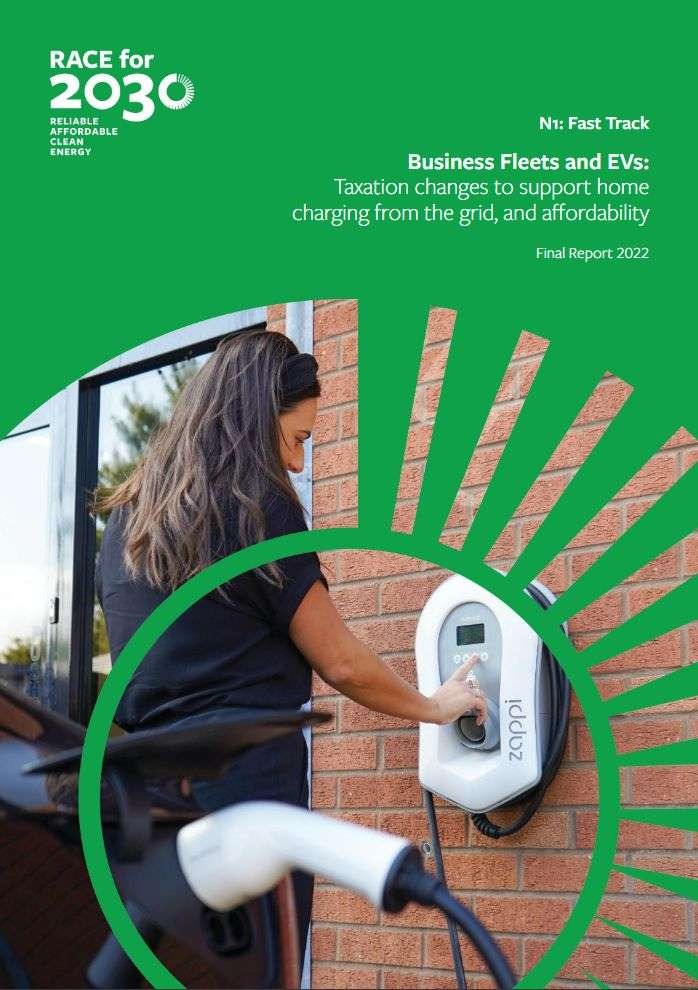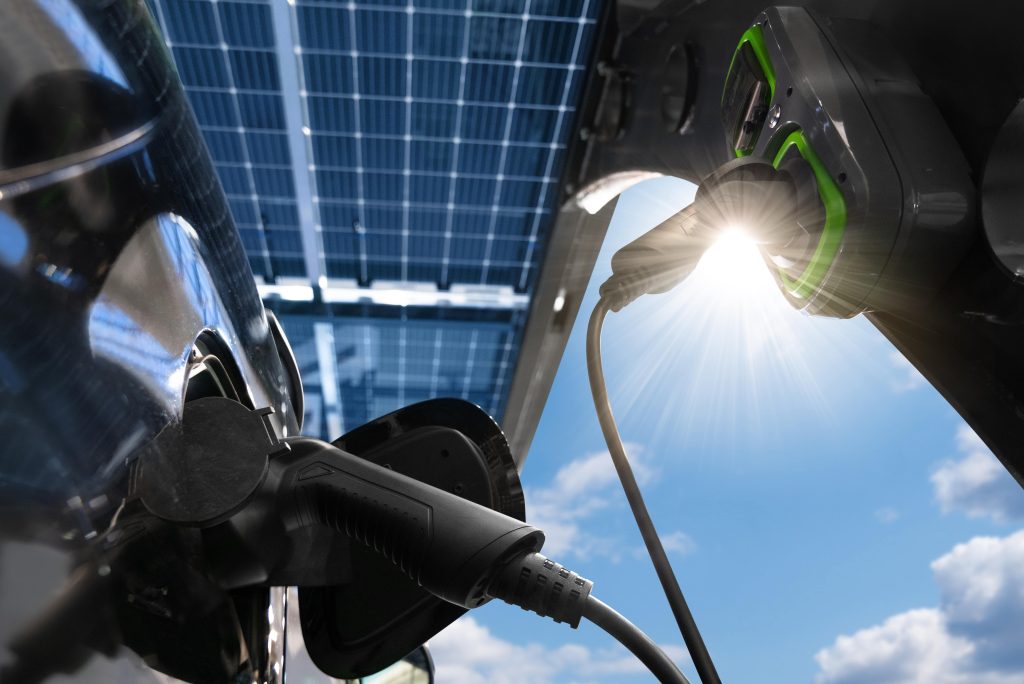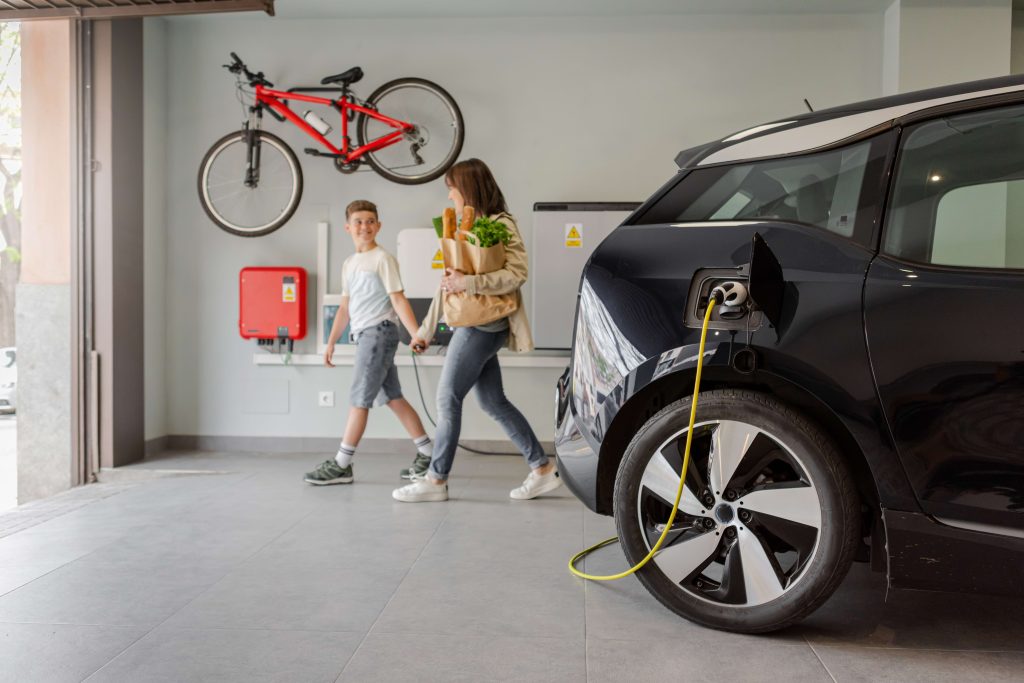Chief Investigators
Dr Anna Mortimore (Griffith University)
Purpose of project
The industry problem is business fleet site charging infrastructure facility numbers are low. This is a key problem, given fleets being seen as an effective pathway for early adoption of EVs (DISER, 2021). An immediate solution is to charge EVs using individual fleet employees’ home charging, which can include smart chargers. This project will assess how taxation changes ie. Fringe Benefits Tax (FBT) and income tax can facilitate the charging of business fleet EVs from individual fleet employees’ homes.
Impact of project
Fleet managers will benefit from our tax changes. It will overcome the immediate need for business to install EV charging infrastructure on their premises, and manage charging at peak times to avoid congestion. The community benefits from fleet EV uptake – as once fleet vehicles are replaced, they will shift to a second-hand market; thus lowering vehicle ‘total cost of ownership’. A second-hand market will assist in getting ‘total cost of ownership’ parity between EVs and ICEVs. The energy industry will benefit from fleet employees’ EV charging at home, as it will propel development for smart chargers to manage energy from the grid
Project partners – industry and research
Griffith University (Lead), AGL, Australian Fleet Management Association, DEECA (VIC), DEM, DPIE, EEC, Monash University
Published Report
Status
- Completed
Project Leaders
- Anna Mortimore, Griffith University
Completion Date
June 2022
Project Code
0146







